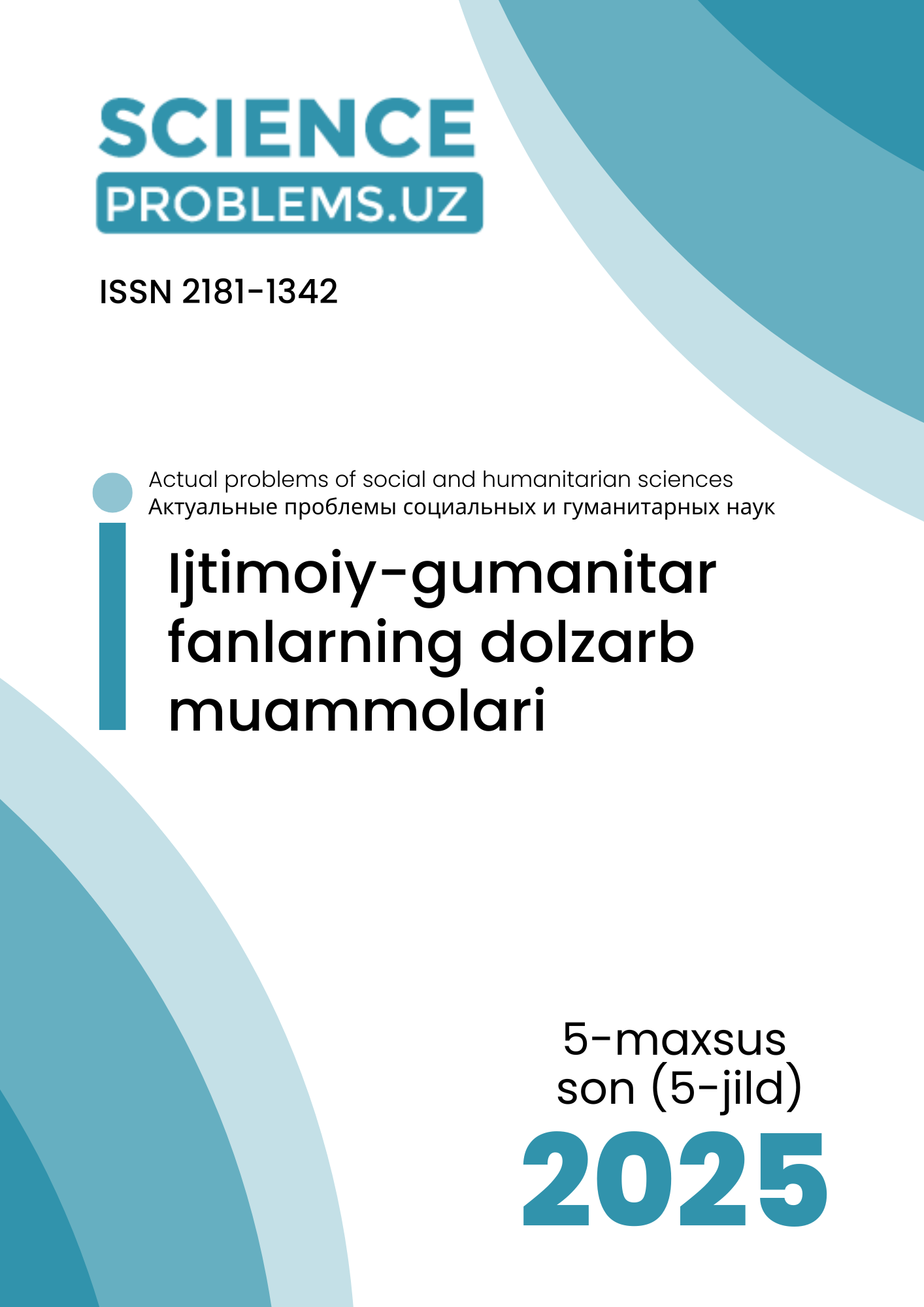РОЛЬ ГУМАННОЙ ПЕДАГОГИКИ В ПРЕОДОЛЕНИИ АГРЕССИИ И ОТЧУЖДЕНИЯ СРЕДИ ШКОЛЬНИКОВ
DOI:
https://doi.org/10.47390/SPR1342V5SI5Y2025N43Ключевые слова:
гуманная педагогика, агрессия, отчуждение, школьники, доверие, педагогика Сухомлинского, Амонашвили.Аннотация
В статье рассматривается гуманная педагогика как ключевой подход к преодолению отчуждения и агрессии среди школьников. Подчёркивается, что уважительное, тёплое и доверительное отношение к ребёнку способно заменить напряжённую атмосферу в классе на пространство сотрудничества и принятия. Анализируются принципы педагогики В.А. Сухомлинского и Ш.А. Амонашвили как реальные инструменты воспитания без страха и насилия. Делается вывод о том, что гуманная педагогика не только снижает уровень агрессивных проявлений, но и помогает каждому ученику почувствовать свою значимость, восстановить веру в людей и найти своё место в школьном сообществе.
Библиографические ссылки
1. Шалва Амонашвили. Как любить детей. Опят самоанализа / Ш.Амонашвили. – М.: Амрита- Русь, 2023. – 176 с.
2. Коменский Я.А., Локк Д., Руссо Ж.-Ж., Песталоции И.Г. Педагогическое наследие/ Сост. В.М. Кларин, А.Н. Джуринский. — М.:Педагогика, 1989 . — 416 с
3. Ильин Е. П. Эмоции и чувства. - СПб: Питер, 2001. - 752 с
4. Выготский Л.С. М.: Изд. Дом Шалвы Амонашвили, 1996. 222 с. (Антология гуманной педагогики)
5. Вестник интегративной психологии // Журнал для психологов. Вып. 23. /Под ред. В.В.Козлова, Ш.Р. Баратова, М.Н.Усмановой. – Бухара Ярославль: МАПН, 2022. – 456 с.
6. Дубровина, И.В. Психологическое благополучие школьников: учеб.пособие для бакалавриата и магистратуры / И.В. Дубровина. – М.: Издательство Юрайт, 2017. – 140 с.








